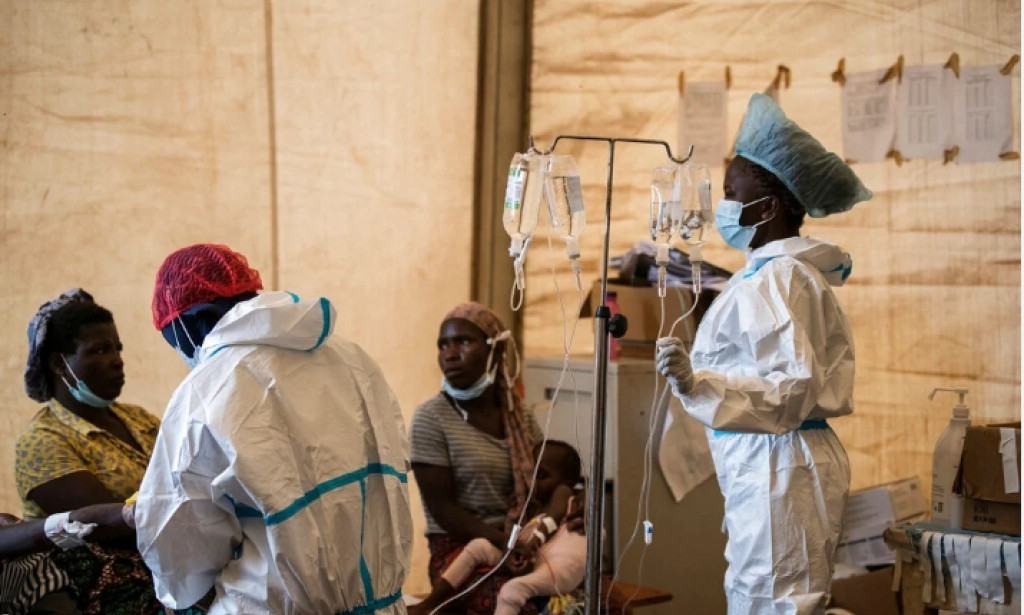As of April 2025, Angola is battling a widespread cholera outbreak that has affected more than 3,400 people and claimed at least 114 lives across ten provinces. The hardest-hit areas include the capital Luanda, Bengo, Icolo e Bengo, and Cuanza Sul. The outbreak, which began in early January, has spread rapidly, with children aged 2–5 years being among the most vulnerable.
Impact on Communities
The outbreak has placed immense pressure on Angola’s healthcare system and exposed significant gaps in access to clean water and sanitation. Luanda, a densely populated urban center, accounts for more than half of the confirmed cases and deaths. Many communities still depend on contaminated water sources and lack proper sanitation, making it difficult to contain the disease.
Children are particularly at risk, with the 2–5 and 10–14 age groups most affected. The outbreak has not only strained public health resources but also disrupted everyday life, especially in communities with limited access to healthcare facilities.
National and International Response
In response to the crisis, the Angolan Ministry of Health—supported by international partners including the World Health Organization (WHO), UNICEF, and the World Bank—launched a massive cholera vaccination campaign in February 2025. Over 1 million people in the most affected provinces were vaccinated, achieving an impressive 99.5% coverage.
The campaign was rolled out using both fixed vaccination sites—such as health units, schools, markets, and places of worship—and mobile teams to reach remote and underserved areas. These efforts have significantly reduced the risk of further transmission, but health officials caution that continued vigilance is essential.
In addition to vaccination, authorities have focused on improving hygiene and sanitation practices. Public health workers have distributed water treatment solutions and hygiene kits to vulnerable communities, and awareness campaigns are underway to educate people about preventing cholera through safe water and food handling.
Strengthening Surveillance and Data Management
To enhance response coordination, over 20 data management professionals were trained in Luanda to improve case tracking and outbreak mapping. This initiative aims to strengthen real-time surveillance, allowing for faster identification of hotspots and more effective deployment of resources.
Ongoing Challenges
Despite these efforts, the outbreak continues to pose a serious public health challenge. Structural issues, including poor water and sanitation infrastructure, remain at the heart of the crisis. Experts emphasize that a long-term solution will require sustained investment in clean water access, proper sewage systems, and community health education.
Conclusion
The cholera outbreak in Angola has underscored the urgent need for improved public health systems and infrastructure. While the vaccination campaign and emergency response efforts have had a positive impact, the fight is far from over. Continued collaboration between the Angolan government, international organizations, and local communities will be essential to bring the outbreak under control and prevent future occurrences.



You must be logged in to post a comment.